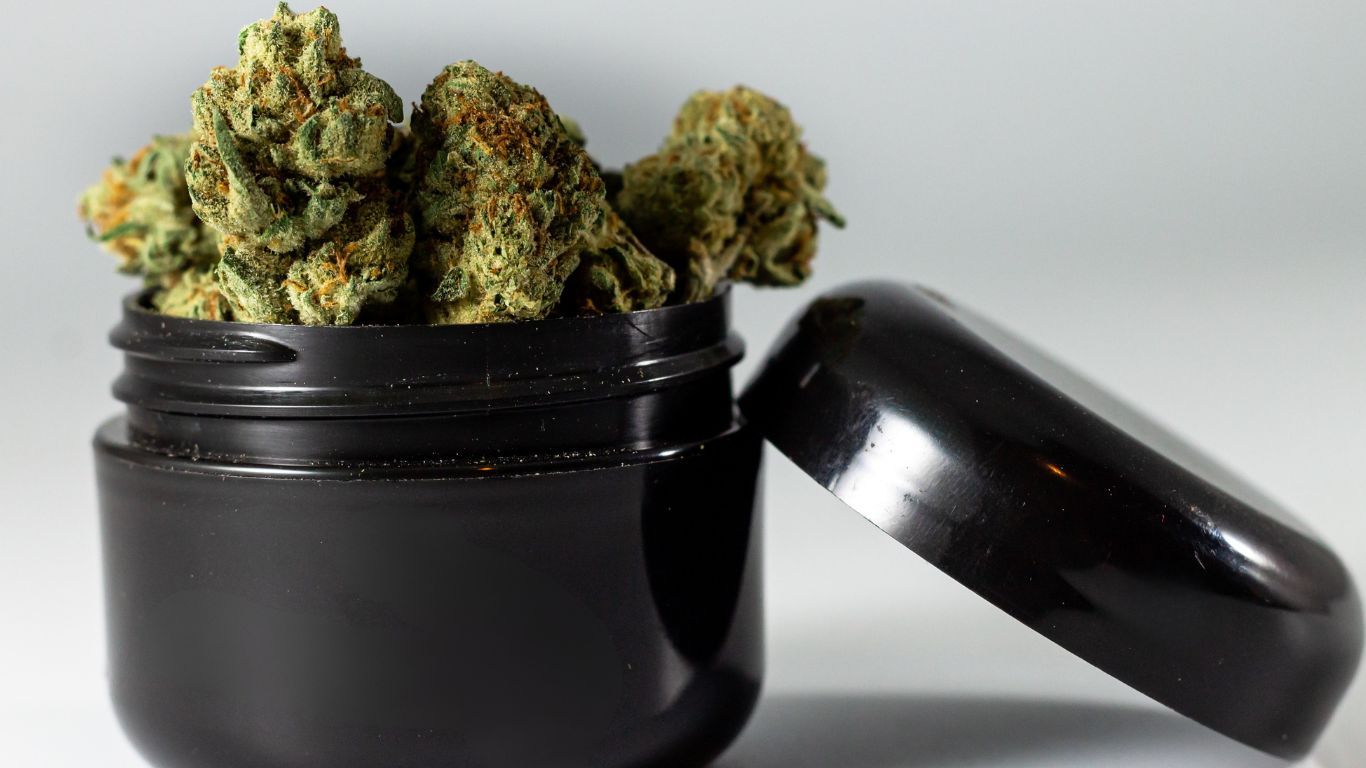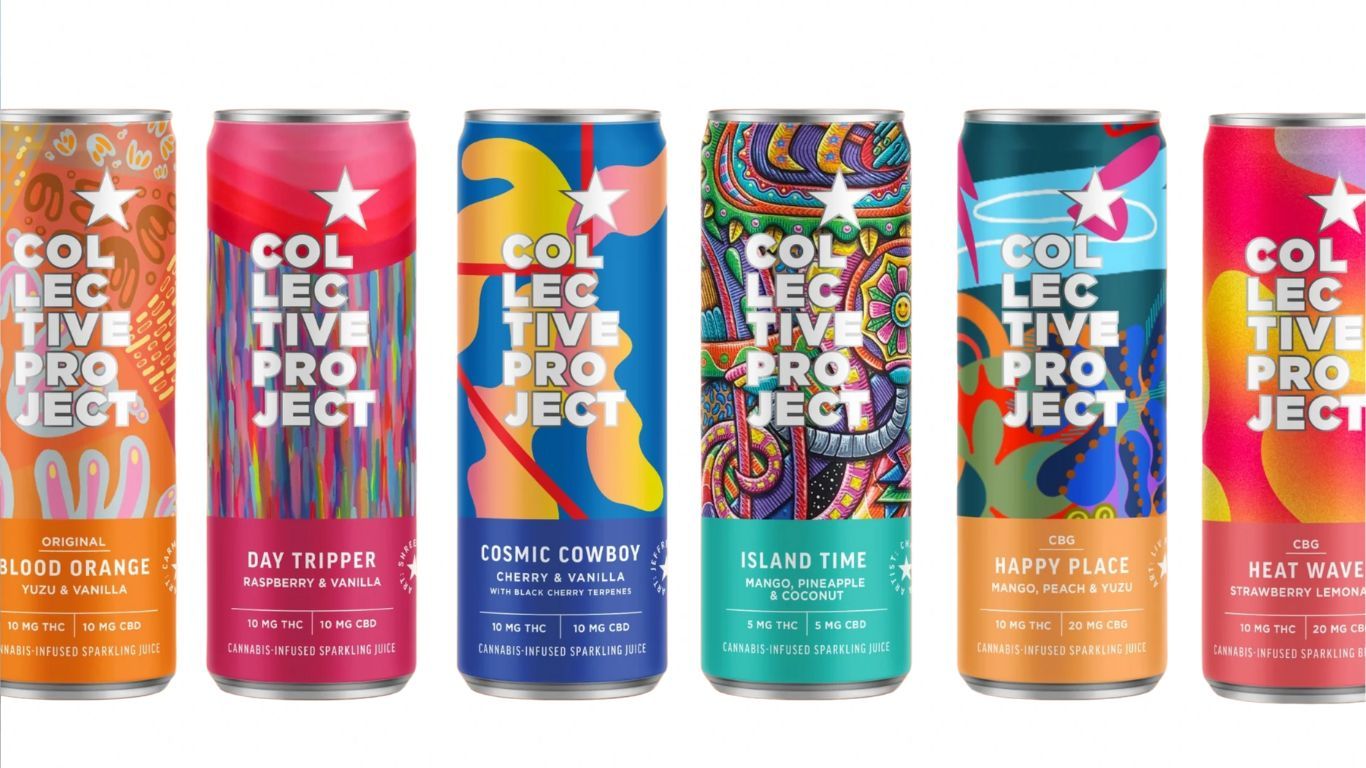
BC cannabis retailers will be able to deliver cannabis products directly to consumers starting July 15, 2021. Retailers will also no longer be required to have security verification for cannabis workers
Building on changes made in 2020 that allowed stores to sell product online for pickup, the newest announcement from the BC government means consumers will be able to purchase product online from a retailer and have it delivered to them directly.
“Since the federal legalization of non-medical cannabis, we’ve been working to support a strong and diverse cannabis industry, shrink the illicit market and keep products out of the hands of children and youth,” said Mike Farnworth, Minister of Public Safety and Solicitor General. “Allowing direct delivery to consumers isn’t just an advantage retailers have told us is vital to the viability of their sector, it’s also a way we can further our public safety goals.”
The changes in regard to security clearances for retailer store workers are said to help eliminate delays in hiring, which has been a common complaint from BC retailers.
“Government has consulted, listened and really delivered,” said Jaclynn Pehota, executive director, Association of Canadian Cannabis Retailers. “Knowing retailers can start hiring without delay and be ready to better meet customers’ needs when delivery becomes an option is incredibly welcome news. Adding convenient home delivery to the mix of knowledgeable staff and regulated product can only serve to make the legal cannabis sector the source of choice for more people.”
Updated: Updated rules in BC’s Cannabis Retail Store Licence Terms and Conditions Handbook state that “a licensee and their employees may deliver non-medical cannabis, cannabis accessories, gift cards and shopping bags. Licensees may also offer curbside pick-up only in a location that is immediately outside the retail store. A licensee cannot enable a third part delivery service to operate in association with their store. A licensee must not sell cannabis to someone who intends to deliver cannabis to another person for compensation.”
Where non-medical cannabis is purchased online or by telephone for delivery by the licensee, the licensee may only deliver non-medical cannabis between the hours of 9am and 11pm, subject to limitation by the general manager.
Licensees and their employees must also carry a copy of the retail store licence as identification while providing delivery services. The local government and/or Indigenous nation for the area in which the store is located may also further restrict operating hours. Delivery of non-medical cannabis can only be to the address provided by the patron at the point of sale to an address in BC to an individual aged 19 years or older.
One retailer in Vancouver says they only heard about the changes from an employee who saw them online.
“This was 100% news to me,” says Andrea Dobbs of Village Bloomery in Vancouver. “If it wasn’t for one of my staff members reading reddit I wouldn’t have found out until I checked twitter. I had no idea. I was happily surprised.”
“I’m excited for it, to me it’s an opportunity to reach to other like minded people that may have wanted to support your vision or your particular lens on cannabis, so if you’re in Bella Coola or Lytton you’re not limited to what you have access to.”
Dobbs says the changes to security clearance requirements is also a welcome change that will make it easier for them to hire.
The BC government says they have completed security screening on more than 7,000 prospective cannabis workers since 2018 and has not identified any significant risk of links to organized crime. Prospective CRS licensees and their associates will remain subject to rigorous security screening when applying for a licence. Licensees also face possible enforcement action and penalties if their staff contravene cannabis control laws and regulations or licensing terms and conditions.
Barb Jessome, a manager at Grasshopper Retail in Prince George says she was also unaware of the change, but welcomes it. Online sales will help them better serve many of their more remotely located customers. Grasshopper was Prince George’s first legal cannabis store, licensed in 2019.
“It’s about time,” says Jessome. “It’s just another avenue for (retailers) to be able to reach out to customers who can’t normally come in to see us on a regular basis. Because we’re BC’s northern capital here, we do have a lot of people from outlying areas who specifically drive to Prince George to do all their shopping.”
Only adults will be allowed to receive delivery orders, and anyone who appears to be under 19 will have to present two pieces of identification. The recipient will not have to be a resident at the address or the person who placed the order. However, they will have to provide their name and signature to take delivery.
Currently, the only legal way to purchase cannabis online in BC is through the BC Cannabis Store’s online portal. Orders are shipped through Canada Post, that has largely adopted a policy of not delivering cannabis directly to people’s homes, but instead directing them to pick up their packages from the BC Cannabis Store in their local postal centre. The BC Cannabis Store will continue their online sales platform.
In April, the BC government said they plan to begin stakeholder engagement on farmgate sales and direct delivery of product from producers to retailers later this year.
A representative for the Ministry of Public Safety and Solicitor General told StratCann in April that the government still hopes to have a formal program in place by 2022, and is pursuing a “broad approach” that would see most B.C. licensed cultivators of cannabis, including nurseries, able to participate in the program.
Although the details are not finalized, the government also expects to begin their direct delivery program that will allow “small-scale” cannabis producers to sell directly to retailers in 2022. Small-scale is not limited to micro licenses and will also apply to cannabis nurseries.
This week Alberta sent out a survey to retailers this week to gauge retailer interest in a similar model for online cannabis sales from private retailers.











